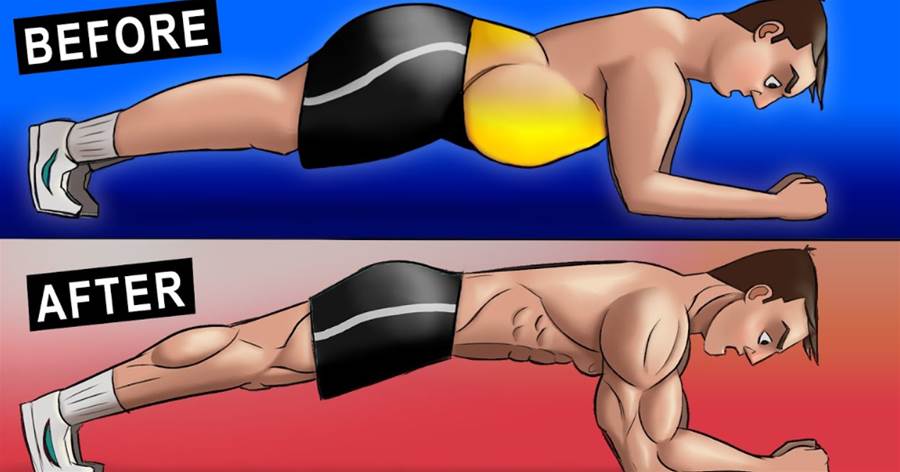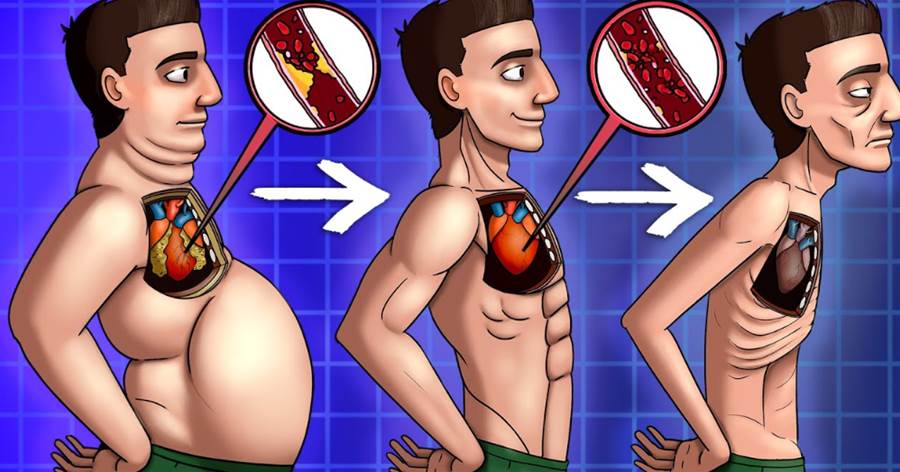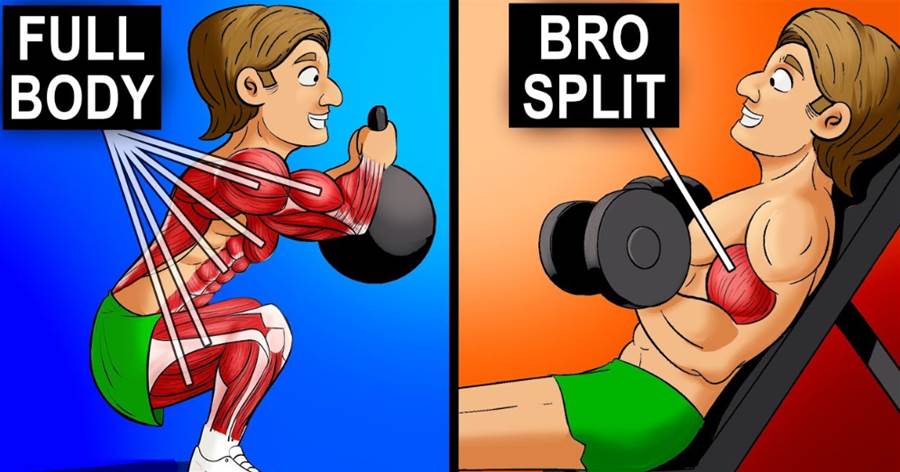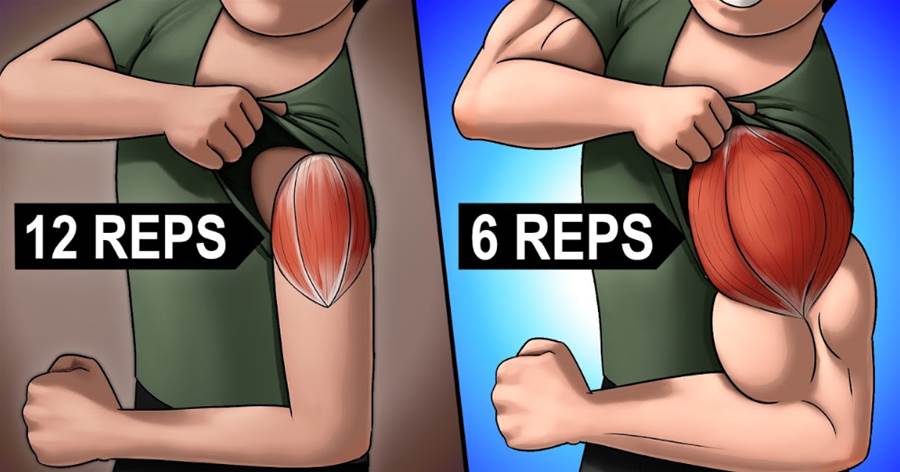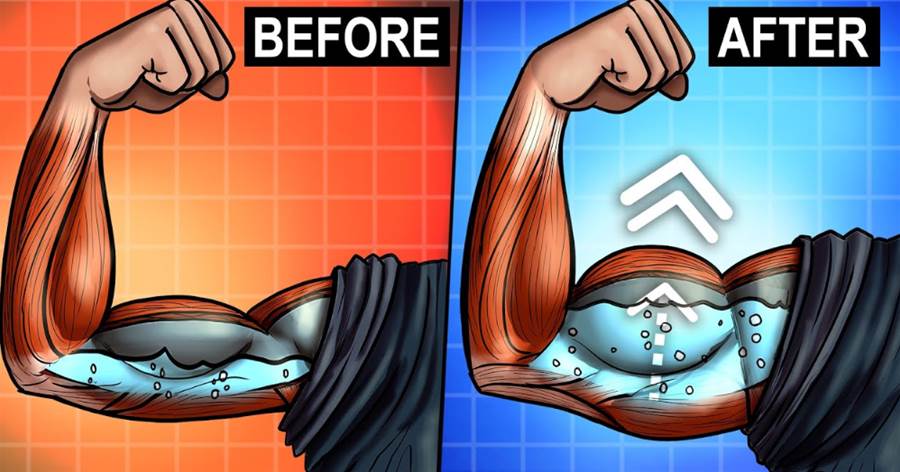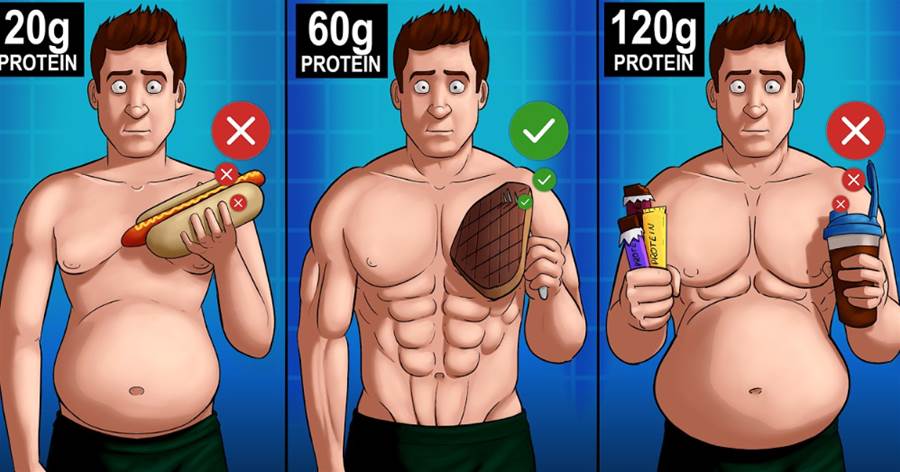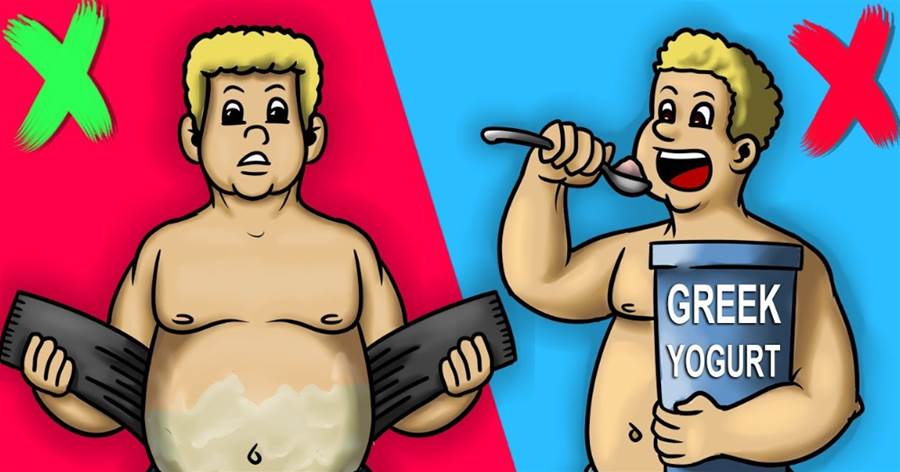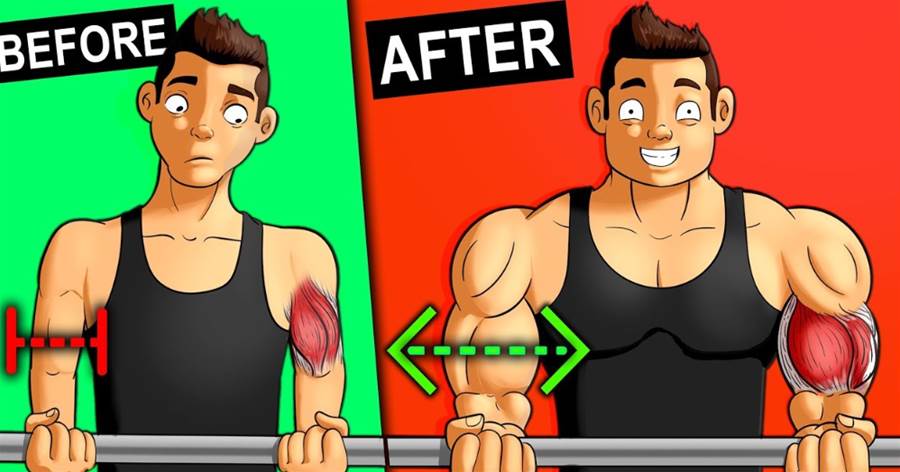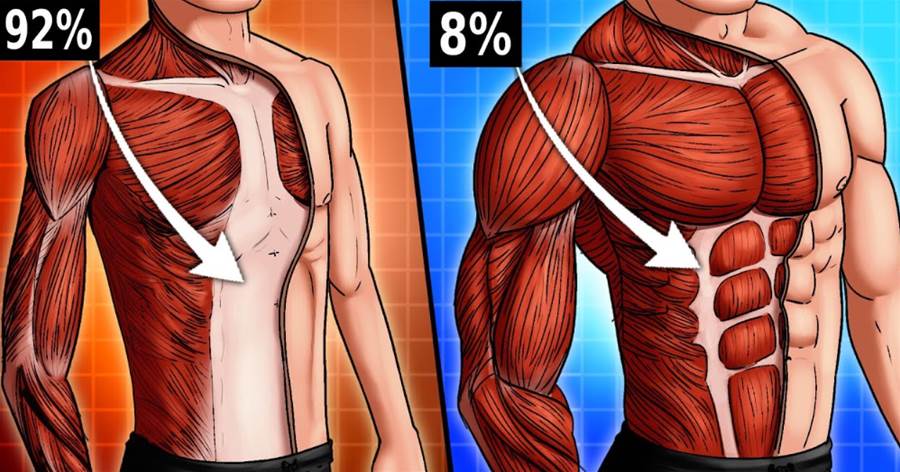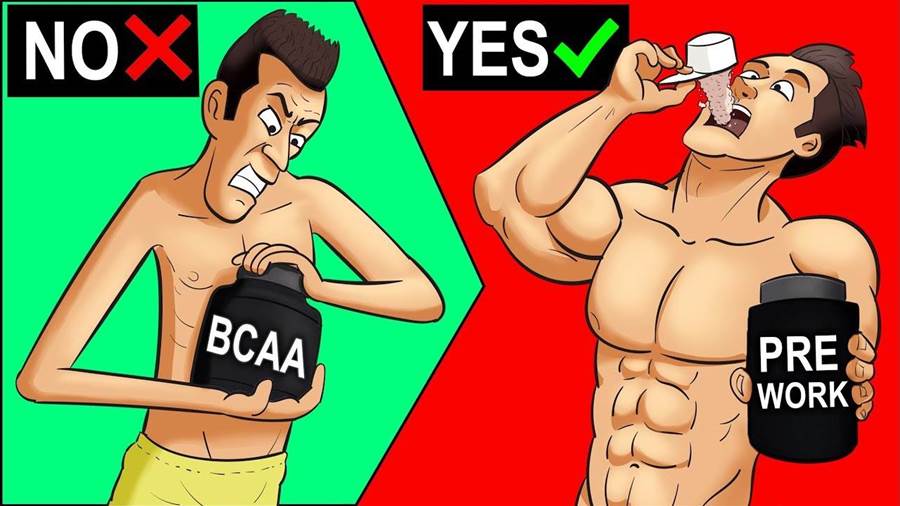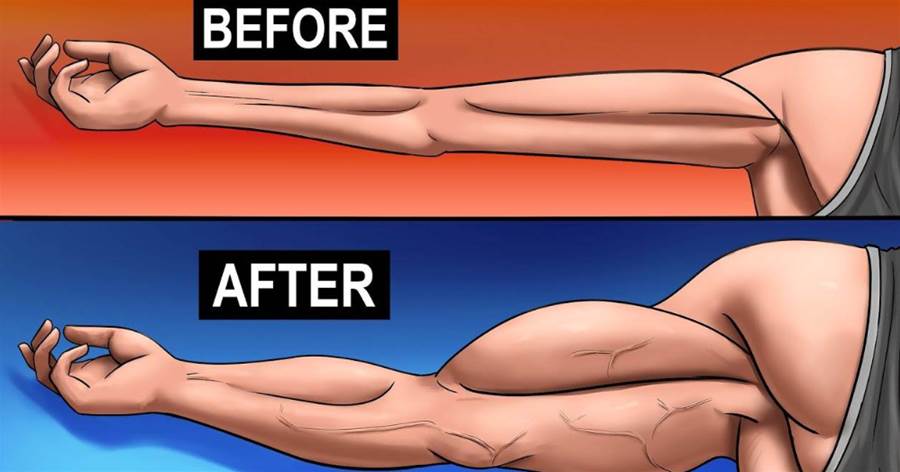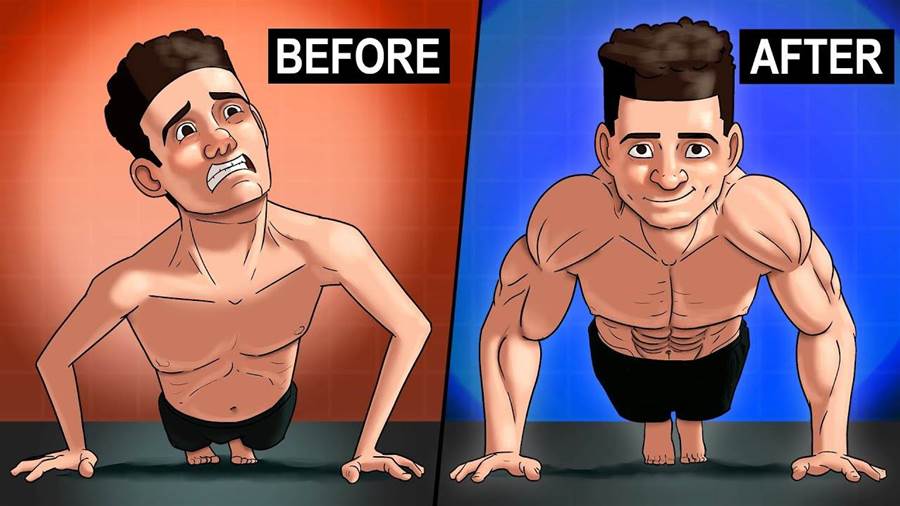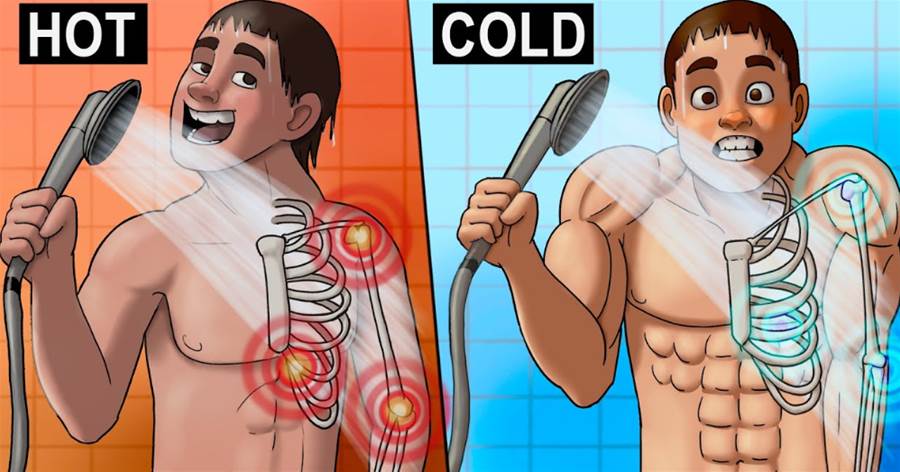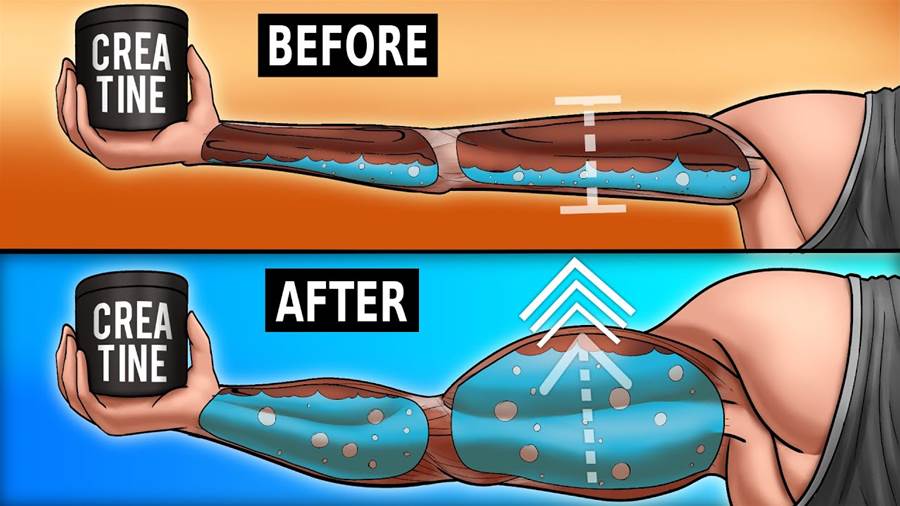
Creatine has long been hailed as the golden ticket for muscle growth and athletic performance. But beyond the gym myths and supplement ads, there's a deeper story waiting to be uncovered. Let's dive into the top 10 surprising facts about creatine that most people don't know.
While creatine is renowned for enhancing physical performance, emerging research suggests it may also improve cognitive function. Studies have shown that creatine supplementation can enhance memory, focus, and mental clarity, especially in individuals experiencing sleep deprivation or mental fatigue.
This makes it a potential ally not just for athletes, but for students and professionals seeking to sharpen their minds.

The market is flooded with various creatine supplements, but not all are effective. Creatine monohydrate stands out as the most researched and proven form. Other forms like creatine ethyl ester or creatine hydrochloride may promise better absorption, but they often come with higher costs and less scientific backing.
When choosing a creatine supplement, opt for high-quality creatine monohydrate to ensure maximum benefits.
Creatine isn't exclusive to bodybuilders or powerlifters. Its benefits extend to endurance athletes, older adults, and even vegetarians. For instance, older adults can experience improved muscle mass and strength, while vegetarians may see enhanced performance due to their lower baseline creatine levels. So, whether you're a runner, a senior, or someone on a plant-based diet, creatine could be beneficial for you.
A common misconception is that creatine causes bloating due to water retention. However, the water retained is intracellular, within the muscle cells, leading to a fuller and more muscular appearance rather than bloating. This intracellular water retention contributes to the increased muscle volume and strength associated with creatine use.

While creatine is primarily known for muscle building, some studies suggest it may also aid in fat loss. By increasing the body's energy expenditure and promoting lean muscle mass, creatine can contribute to a higher metabolic rate, potentially leading to fat loss over time. However, it's important to note that creatine should be combined with a balanced diet and regular exercise for optimal results.
Concerns about the long-term safety of creatine supplementation have been addressed in numerous studies.
Research indicates that creatine is safe for long-term use in healthy individuals when taken at recommended doses. It's important to stay hydrated and follow the recommended dosage to minimize any potential side effects.
Unlike some supplements that require cycling on and off, creatine can be taken continuously without the need for breaks. Once your muscles are saturated with creatine, maintaining that saturation through consistent daily intake is key to reaping its benefits.

A persistent myth is that creatine causes hair loss. However, research has shown no direct link between creatine supplementation and hair loss. The confusion may stem from a study that suggested creatine could increase levels of dihydrotestosterone (DHT), a hormone linked to hair loss, but subsequent research has not confirmed this effect.
Creatine is often mistakenly classified as an anabolic steroid. In reality, it's a naturally occurring compound found in muscle cells that helps produce energy during high-intensity exercise. Unlike steroids, creatine doesn't alter hormone levels or have the same side effects, making it a safe and legal supplement for enhancing performance.
One of the most appealing aspects of creatine is its affordability. Compared to other supplements that can be costly, creatine offers a cost-effective way to enhance performance and support muscle growth.
Its accessibility makes it a popular choice among athletes and fitness enthusiasts worldwide.
In conclusion, creatine is more than just a supplement for muscle growth. Its benefits extend to cognitive function, fat loss, and overall health. By debunking common myths and understanding its true potential, you can make an informed decision about incorporating creatine into your fitness regimen.
What are your thoughts on creatine? Have you experienced its benefits firsthand? Join the conversation and share your experiences in the comments below!
The article is not finished. Click on the next page to continue.
Next page